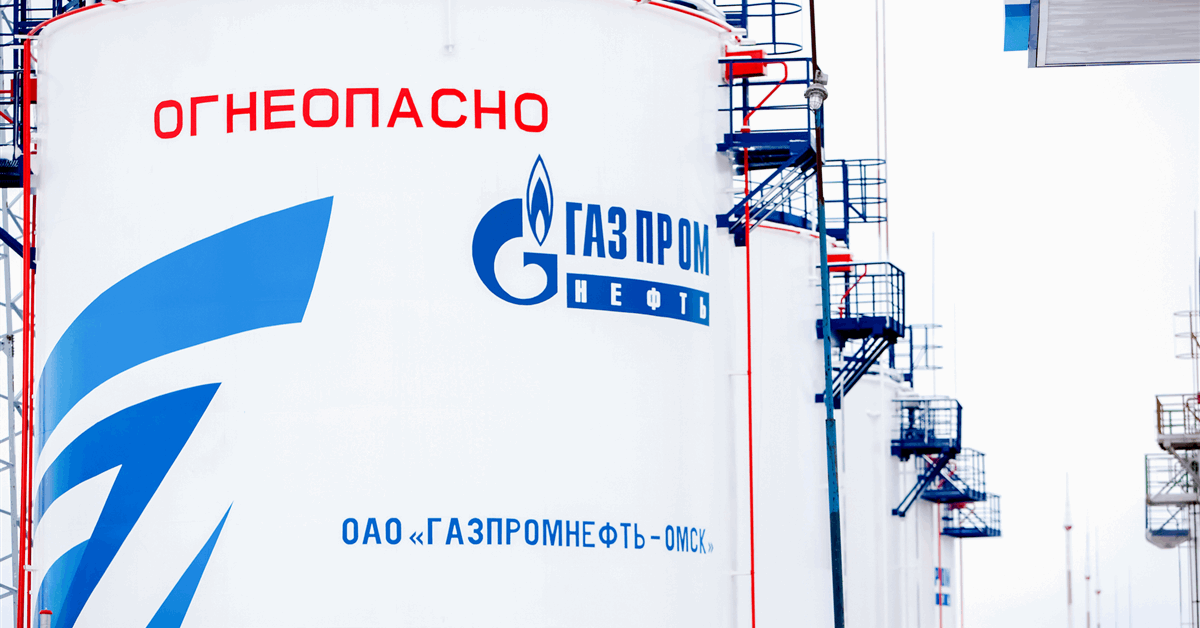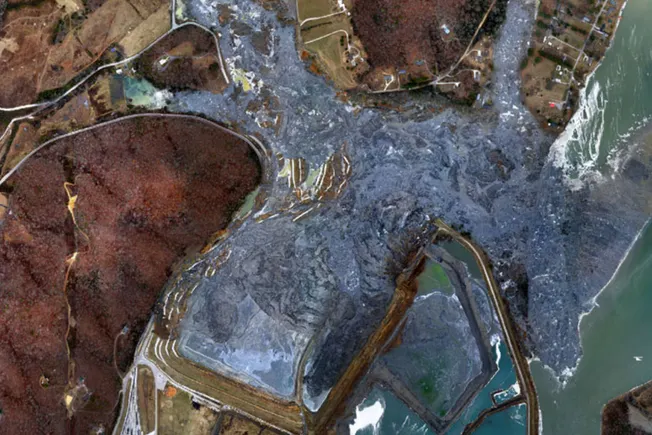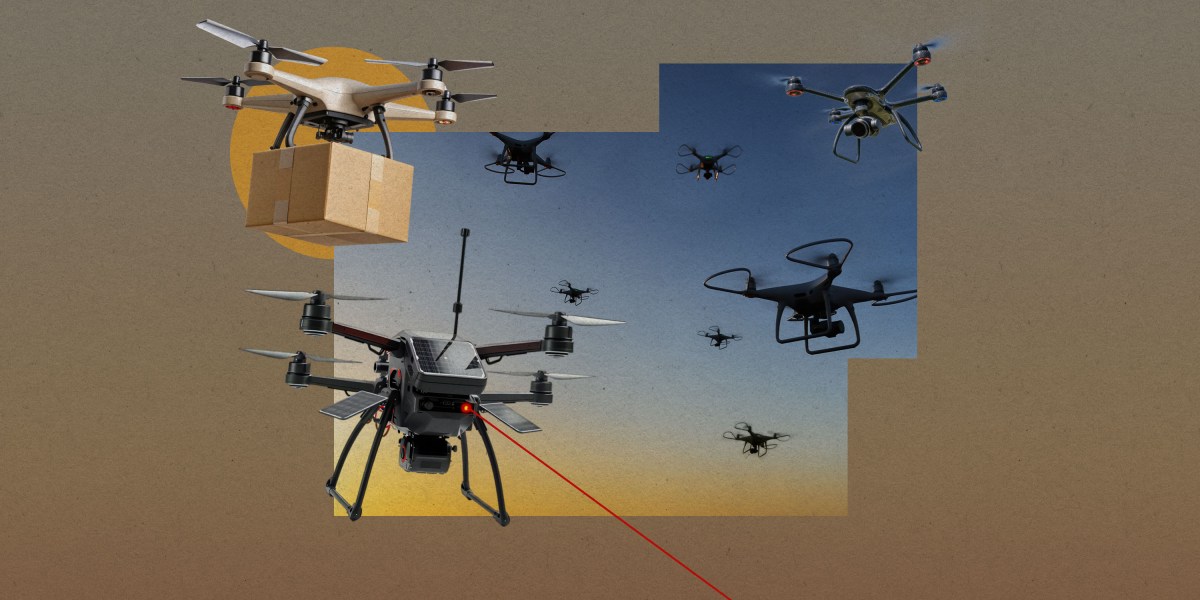
Russian refineries are sitting ducks in this modern drone war.
That’s what Skandinaviska Enskilda Banken AB (SEB) Chief Commodities Analyst Bjarne Schieldrop said in a report sent to Rigzone by the SEB team recently, adding that the oil market “is starting to focus increasingly on the successful Ukrainian attacks on Russian oil infrastructure, especially the attacks on Russian refineries”.
“Refineries are highly complex and much harder to repair than simple crude oil facilities like export pipelines, ports, and hubs,” Schieldrop said in the report.
“It can take months and months to repair complex refineries. It is thus mainly Russian oil products which will be hurt by this. First oil product exports will go down, thereafter Russia will have to ration oil product consumption domestically,” he added.
“Russian crude exports may not be hurt as much. Its crude exports could actually go up as its capacity to process crude goes down,” Schieldrop continued.
In a separate SEB report, which was referred to in Schieldrop’s report, SEB Chief Emerging Markets Strategist Erik Meyersson stated that Ukraine has amped up the pressure on Putin with a number of drone strikes on Russia’s energy infrastructure.
“Sustained attacks will delay repairs, lower oil products exports, with growing passthrough to retail prices but, absent larger munitions used, causing lasting damage will be challenging,” Meyersson said in that report.
“Russia is likely to pursue its own corresponding attacks in coming weeks and despite higher interception rates on drones, Ukraine’s energy infrastructure remains vulnerable to especially Russian ballistic missile attacks,” he added.
In this report, Meyersson, citing an article from the Financial Times, highlighted that, “Ukraine has, since the start of August, struck 38 Russian refineries”,
“This includes Russia’s largest fuel-processing facilities, such as the 340,000 barrels per day plant at Ryazan, near Moscow,” he added.
“Drones also hit Russia’s largest Baltic oil terminal in Primorsk and Kyiv claimed strikes on pumping stations feeding another Baltic hub, the Ust-Luga terminal,” he continued.
Meyersson warned in this report that SEB sees “little reason to expect a cessation of fighting in the war before the end of 2026, as economic, political, and supply factors point toward continuation”.
“Preferences over the war’s goals, resources to prosecute it, as well as battlefield developments during it, all point to a more prolonged conflict,” he added.
Rigzone has contacted the Department of Information and Press of the Russian Ministry of Foreign Affairs, the Ministry of Energy of the Russian Federation, the Press Office of the Ministry of Foreign Affairs of Ukraine, and the Ministry of Energy of Ukraine for comment on Schieldrop and Meyersson’s reports. At the time of writing, none of the above have responded to Rigzone.
Schieldrop has more than 25 years’ experience from commodity markets, SEB’s website states, adding that he has “worked with analysis, market modelling, structured deals as well as trading of commodities for some of the largest commodity trading companies in the world”.
“Since 2008 he has held the position as Chief Analyst Commodities in SEB covering energy, metals, agricultural products as well as precious metals. The energy complex has been the main focus through his career,” the site adds.
Meyersson joined SEB in 2023 as Chief Emerging Markets Strategist, the SEB site notes. Previous positions include senior economist at Handelsbanken Capital Markets and vice president at Goldman Sachs Macro Research, the site highlights.
SEB describes itself on its website as a leading northern European financial services group with a history dating back to 1856. The company has 19,000 employees, SEB’s site shows.
To contact the author, email [email protected]























